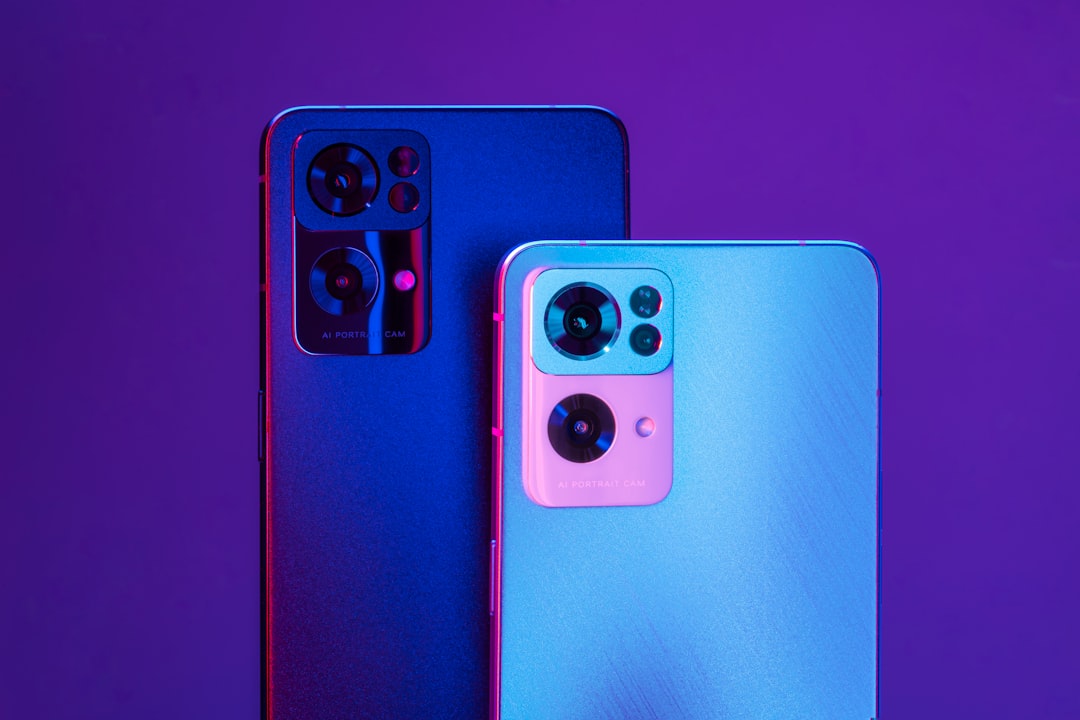In North Carolina, residents can take legal action against robocallers if their calls violate state laws like lacking prior consent or providing false info. The Telephone Consumer Protection Act (TCPA) and NC's anti-solicitation laws protect consumers from unwanted automated calls. Documentation of evidence is crucial for suing, with potential remedies including blocking future calls, monetary damages, or injunctive relief. Successful lawsuits against robocallers in NC demonstrate the possibility of financial compensation and setting important legal precedents.
In today’s digital age, robocalls have become a ubiquitous yet often unwanted part of daily life. North Carolina residents face unique challenges when it comes to these automated calls, with regional variations in experiences. This article delves into the intricacies of robocall regulations specific to North Carolina, exploring your rights and legal options. We also present compelling case studies of individuals who successfully took action against robocallers, shedding light on the potential for seeking justice through lawsuits, offering valuable insights for those contemplating their options in the fight against intrusive calls.
Understanding Robocall Regulations in North Carolina

In North Carolina, like many other states, robocalls are regulated to protect residents from unwanted and fraudulent calls. The North Carolina Department of Justice plays a crucial role in enforcing these regulations. If you’ve received a robocall, it’s important to know your rights. State laws permit individuals to take legal action against companies or organizations that make unsolicited phone calls using automated dialing systems.
If a robocall violates North Carolina’s regulations, such as failing to obtain prior consent or providing misleading information, affected residents may have the right to sue for damages. Understanding these regulations is essential when considering whether you can take legal action against a robocaller, especially if you’ve been disturbed or misled by automated calls.
Identifying and Tracking Robocallers: Your Rights

In North Carolina, as in many other states, identifying and tracking robocallers is a complex process. While there are no specific laws against all automated calls, the Telephone Consumer Protection Act (TCPA) provides significant protections for consumers. This federal law prohibits automated or prerecorded calls to mobile phones without the caller’s explicit consent. It also mandates that businesses obtain written permission before calling landlines.
If you’ve received unwanted robocalls, know that you have rights. You can file a complaint with the Federal Trade Commission (FTC) and your state attorney general’s office. If the calls continue despite your requests to stop, you may consider legal action. In North Carolina, consulting with an attorney who specializes in TCPA litigation is crucial to determine if you have a case, especially if you’re considering suing for robocalls. The potential for compensation for each violation can be substantial, making it worthwhile to explore your options to hold rogue callers accountable.
Navigating Legal Recourse for Unwanted Calls

Navigating legal recourse for unwanted calls, like robocalls, in North Carolina involves understanding state and federal laws designed to protect consumers from intrusive telemarketing practices. If you’ve received unsolicited calls promoting goods or services and feel your privacy has been invaded, you may have options. The Telephone Consumer Protection Act (TCPA), a federal law, prohibits automated dialing systems from calling telephone numbers without the prior express consent of the called party. North Carolina also has its own laws against phone solicitation that can offer additional protections.
While it’s possible to sue for robocalls in North Carolina, you must have concrete evidence that the calls were unwanted and violate specific regulations. Documentation, including call records, messages, and any communications with the telemarketer, can be crucial. Consulting with a legal professional experienced in consumer rights and telecom law is advisable to determine the best course of action and explore potential remedies, which could include blocking future calls, monetary damages, or injunctive relief.
Case Studies: Successful Robocall Lawsuits in NC

In North Carolina, individuals have successfully taken legal action against robocallers, showcasing that yes, you can sue for robocalls in this state. Case studies reveal that consumers who received unwanted automated calls often found recourse through the courts. One notable example involves a class-action lawsuit where residents united to combat persistent and harassing robocalls. The collective action led to substantial settlements, providing a clear message to call centers engaging in such practices.
These successful lawsuits not only offer financial compensation to victims but also set precedents for future cases. They demonstrate that North Carolina’s laws protect consumers from nuisance calls, empowering them to take legal steps against violators. As these precedents grow, potential robocall receivers can find solace in knowing their rights and the possibility of seeking justice.






